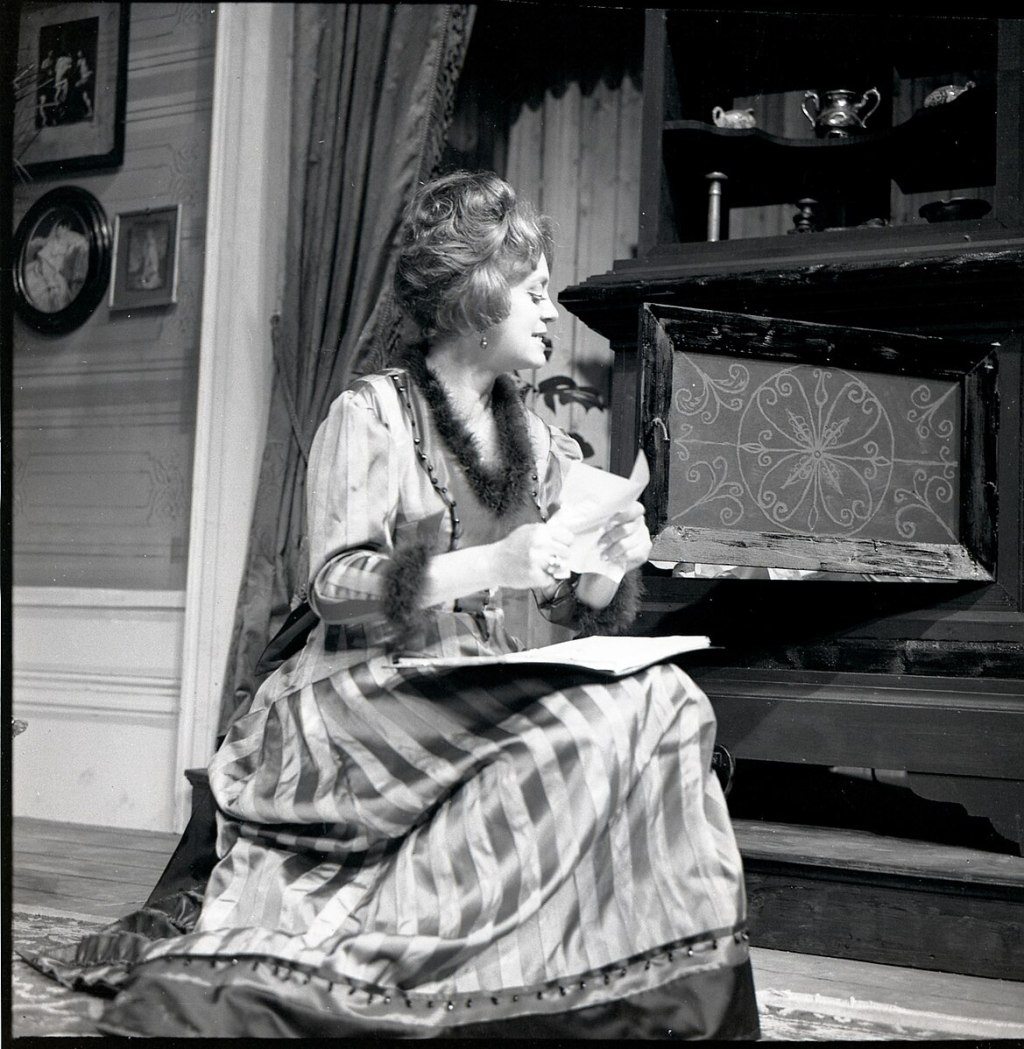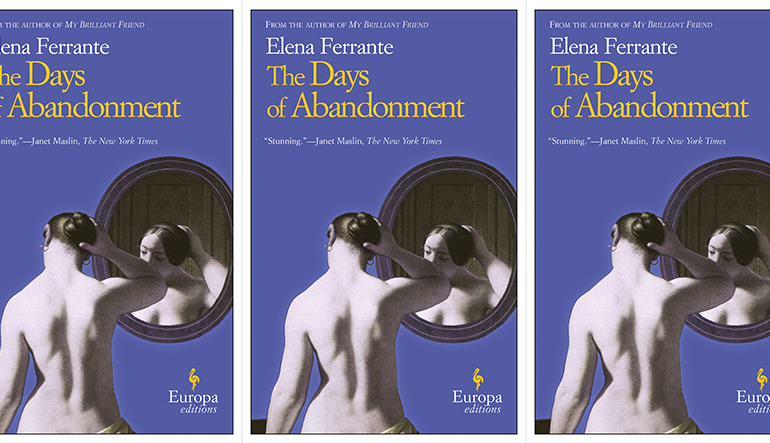This article has been published in Issue 21 of Impact
ABSTRACT
Classroom talk encompasses a range of interactions that take place within a learning environment, from ‘procedural’ (Nystrand and Gamoran, 1991) and ‘monologic’ (Wells and Arauz, 2006; Gutiérrez, 2008) acts of recitation that centre around closed questioning and recall, to the deeper interactions that we understand as forming part of dialogic discourse, wherein ‘shared understandings are elaborated, built upon, and revised’ (Nystrand and Gamoran, 1991, p. 275). While all types of classroom talk have their place within the sphere of formative assessment, it is often closed questioning, which provides a simpler and more clearly defined set of data, that takes precedence. As Ann McCarthy has observed, however, ‘[t]he disadvantage of closed questions when working with more able pupils is that they often distract from the learning and take place when deeper learning is possible’ (2023). Furthermore, as Eaglestone (2020) has carefully shown, the subject matter that forms the basis of much closed questioning in English, such as contextual knowledge or literary terminology, is that which often has the least bearing on true literary understanding – which comes, he argues, from personal experience and subjective interpretation: features that make English a particularly apt subject for dialogic methods. Assessing student progress through dialogic discourse may not be as simple as logging the number of right or wrong answers, but it is a valuable way in which to promote the progress of students, particularly in essay-based subjects and particularly at A-level, where the level of academic challenge increases.




Leave a comment